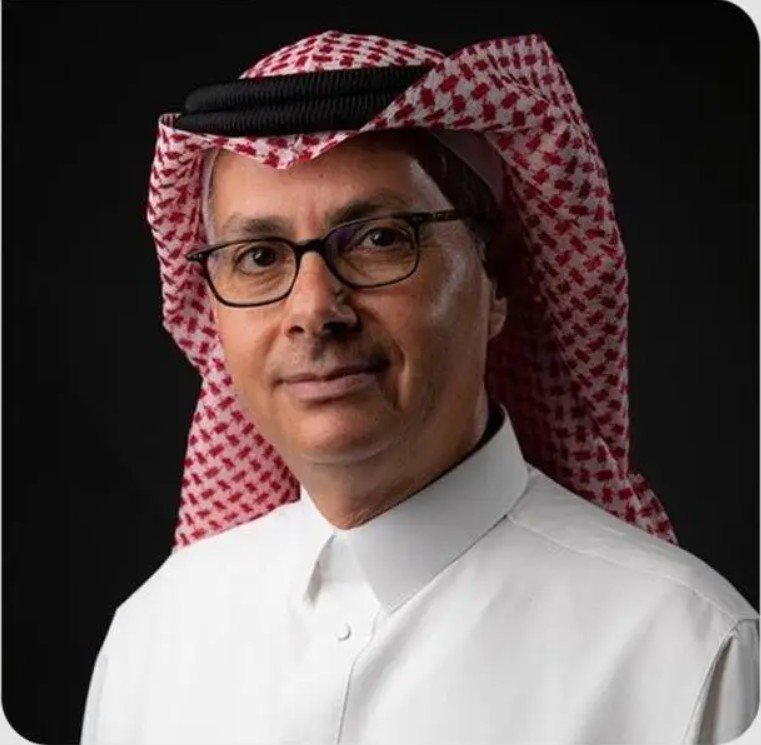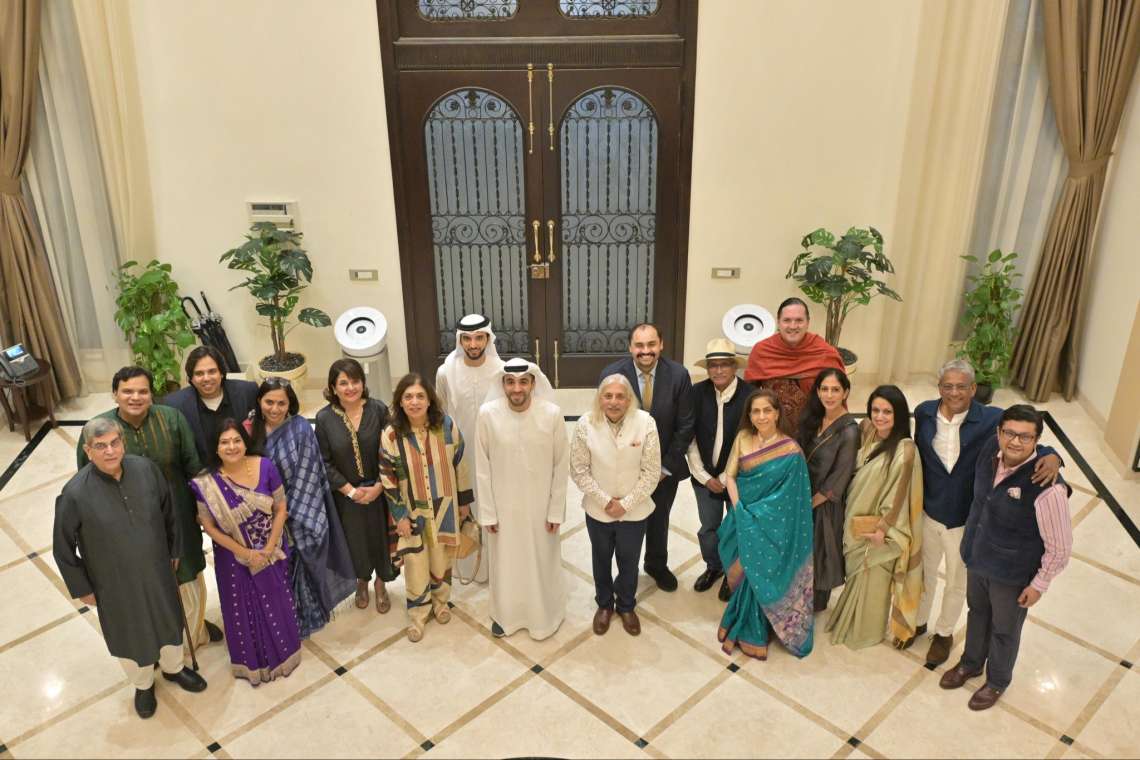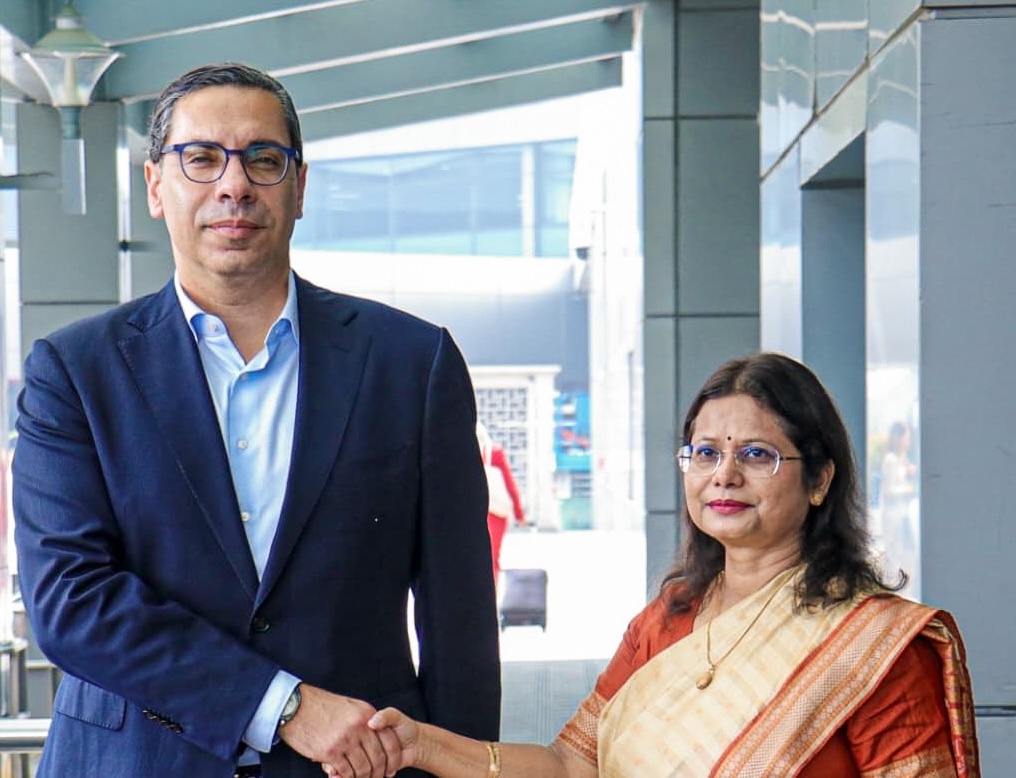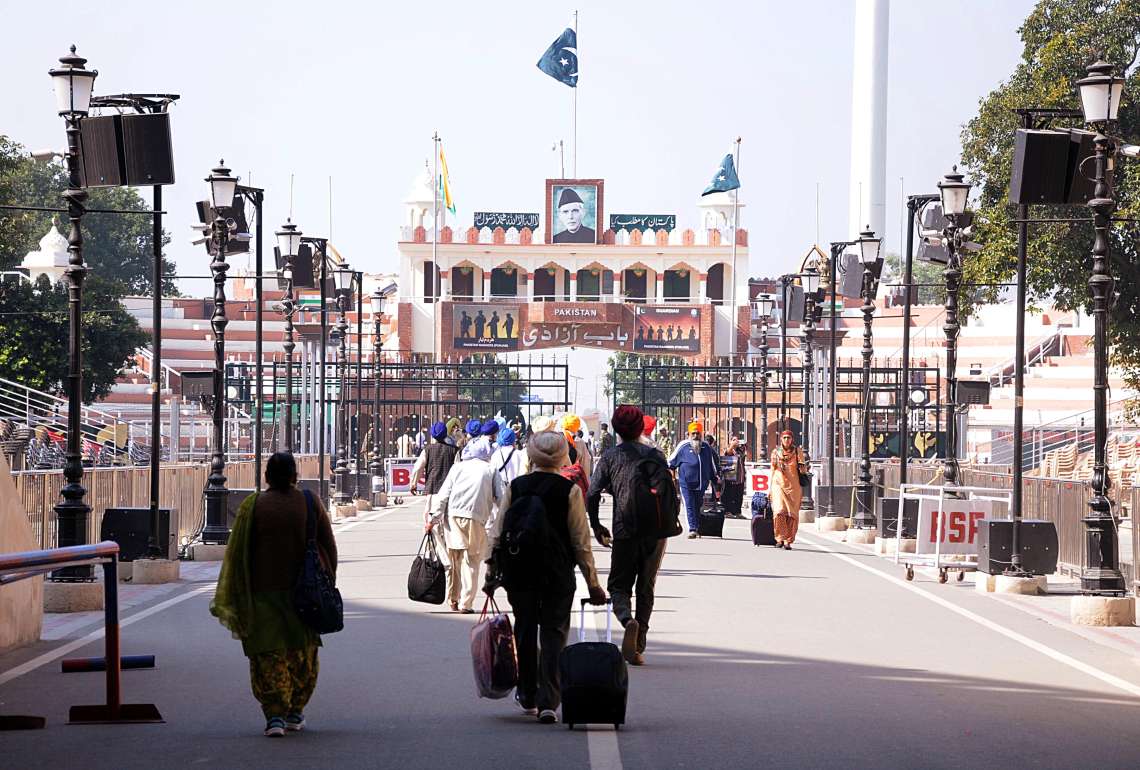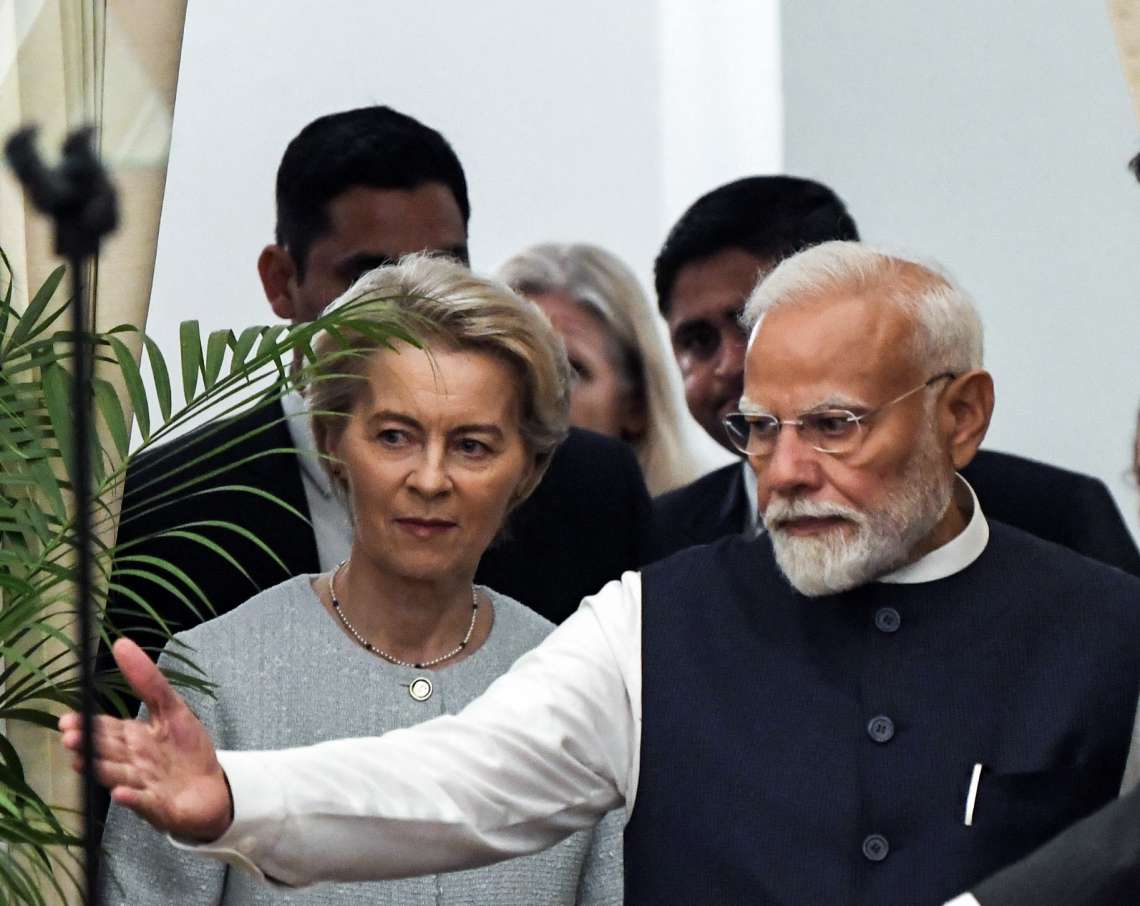Arab scientist Omar Yaghi shares the 2025 Nobel Prize in Chemistry for groundbreaking work on metal-organic frameworks that promise cleaner energy, water solutions and carbon capture….reports Asian Lite News
Arab chemist Omar M. Yaghi, a professor at the University of California, Berkeley, has been awarded the 2025 Nobel Prize in Chemistry, sharing the honour with Susumu Kitagawa of Kyoto University and Richard Robson of the University of Melbourne.
The trio was recognised “for the development of metal-organic frameworks” — a revolutionary class of materials that has transformed modern chemistry and opened new possibilities for clean energy, environmental protection, and sustainable technology.
Born in Jordan to Palestinian parents, Yaghi’s journey from modest beginnings to global acclaim is a story of determination and discovery. Granted Saudi citizenship in 2021, Yaghi has long been at the forefront of molecular design, having earlier won the King Faisal International Prize for Science in 2015 for his seminal work in molecular architecture.
He now co-directs the King Abdulaziz City for Science and Technology–UC Berkeley Center of Excellence on nanomaterials for clean energy, reflecting deep research collaboration between American and Saudi institutions.
The Royal Swedish Academy of Sciences said the Nobel laureates’ work has created structures with vast internal cavities that allow gases and other molecules to move freely through them.
Known as metal-organic frameworks (MOFs), these lattice-like materials can capture carbon dioxide, store hydrogen, trap toxic gases, and even harvest water from desert air — applications with profound environmental and industrial implications.
Yaghi, 60, told the Nobel Foundation that he was “astonished and delighted” to receive the award. Reflecting on his childhood in Jordan, where his family shared a single-room home, he said, “Science is the greatest equalising force in the world.”
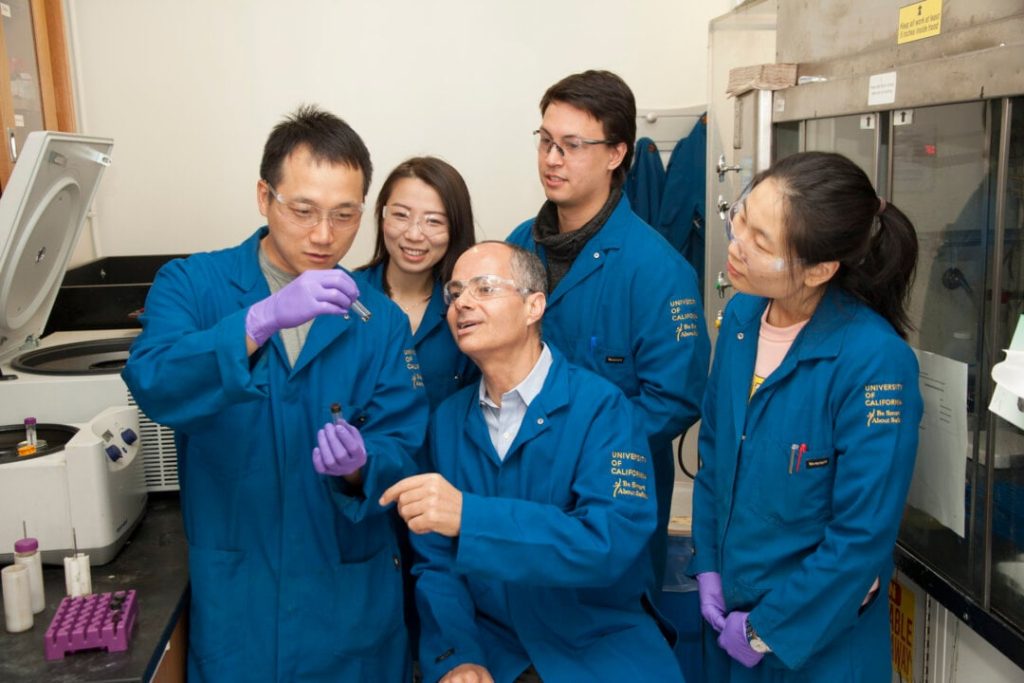
He recalled discovering his passion at the age of ten after finding a book on molecules in a local library. “Since then, I’ve chosen to investigate problems based on the beauty of molecules,” he said. “The deeper you dig, the more beautifully you find things are constructed.”
His co-laureate Susumu Kitagawa, 74, said during the Nobel press conference that the recognition was “a great honour” and that his dream was to use chemistry to separate and transform air components like CO₂, oxygen, or water into useful materials through renewable energy.
Richard Robson, 88, whose pioneering work in 1989 laid the foundation for MOFs, was inspired by the crystal structure of diamonds. His early experiments combining metal ions and organic molecules created intricate, porous frameworks that later evolved into the field-changing materials of today.
Heiner Linke, Chair of the Nobel Committee for Chemistry, hailed their contribution as transformative. “Metal-organic frameworks have enormous potential, bringing previously unforeseen opportunities for custom-made materials with new functions,” he said.
Since the trio’s discoveries, chemists have developed tens of thousands of MOFs, many of which are being tested to address global challenges such as water purification, carbon capture, and pollution control.
The 11 million Swedish kronor (US$1.2 million) prize will be shared equally among the three laureates, whose combined efforts have not only reshaped chemistry but also reaffirmed its power to build a cleaner, more sustainable world.

